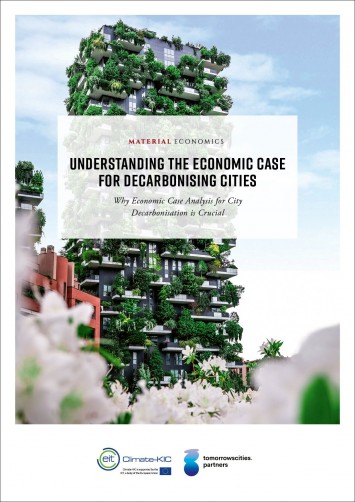Understanding the economic case for decarbonising cities
Cities have a clear and fundamental role to play in addressing the climate emergency and achieving the UN Sustainable Development Goals. Many are working hard to decarbonise, but face significant challenges due to inertia in existing systems, pre-existing policy environments, and limited budgets. A key obstacle is the seemingly high cost of reshaping key CO2-emitting sectors in the city, from transport, to buildings, to the power supply, as well as challenges in understanding who needs to pay and who stands to benefit. This makes decision-makers hesitant to pursue change.
However, many recent global reports show clear economic opportunities in decarbonisation that are often attractive for multiple reasons, including improved public health and other co-benefits. The problem for city leaders is how to translate those analyses, which are often generic, into estimates of the economics of change for individual cities.
To help cities analyse the economic implications of specific climate actions, Material Economics & EIT Climate-KIC have developed a tool to enable cities to build their intelligence on potentially effective climate actions to reduce emissions and secure a more resilient future. This report details the methodology and key findings of applying this tool to four European cities.
For cities starting to work on decarbonisation, the analysis can help them to quickly understand the approximate potential and economics of key decarbonisation initiatives they can pursue, helping them prioritise. The analyses made with the tool can help city decision-makers and stakeholders deepen their understanding of the economic impact of available decarbonisation options, identifying the initiatives that are likeliest to have a significant economic return to society, and quantifying the potential cost. The findings are useful across a city’s whole policy development cycle, from developing a baseline, to prioritisation and decision support, to execution and validation of projects.
